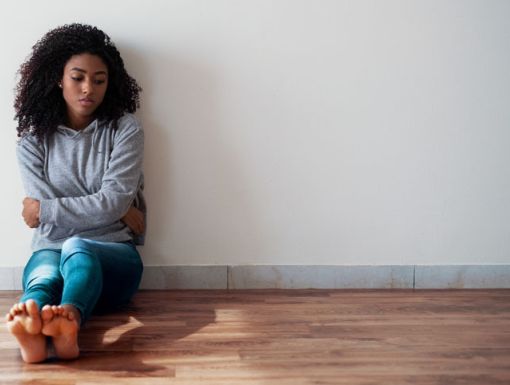
Is Vomiting a Sign of Coronavirus?
Coronavirus (COVID-19) is primarily thought of as a respiratory infection. Some of the common symptoms that come to mind for respiratory diseases include cough, shortness of breath and, possibly, a sore throat. But what if you are experiencing some ailments that aren’t typical respiratory symptoms? Maybe you are experiencing some gastrointestinal symptoms, such as vomiting, nausea or diarrhea. Should you be worried you have COVID-19?
According to the CDC, nausea, vomiting and diarrhea are all considered symptoms of COVID-19. In addition to these symptoms, the CDC also list:
- Fever or chills
- Cough
- Shortness of breath or difficulty breathing
- Fatigue
- Muscle or body aches
- Headache
- New loss of taste or smell
- Sore throat
- Congestion or runny nose
In a recent study performed by the American Journal of Gastroenterology, researchers found that 50.5% of the 204 patients they analyzed reported some sort of digestive symptom, including loss of appetite, vomiting, diarrhea and abdominal pain. The study also noted that as the severity of COVID-19 increased for the patient, digestive symptoms became more pronounced. Of the patients they studied, those with digestive symptoms had higher liver enzyme levels, lower white blood cell count and received more antimicrobial treatment compared to patients without digestive symptoms. Antimicrobial treatments kill or slow the spread of microorganisms, such as bacteria, viruses and fungi.
In some instances, patient may start to experience gastrointestinal symptoms and fever before they have some of the common respiratory ailments. Because of this, there are some people who may be out in the community not realizing they have COVID-19. Diarrhea and vomiting can be caused by many things, including stress or a minor stomach bug. However, the telltale sign that you may be experiencing something more than stress or a stomach bug is the presence of fever. If you are starting to experience these symptoms in combination, you should be mindful that you may have something more than your typical stomach bug or stress. You should contact your physician to discuss your symptoms and notify them if you have been in contact with anyone with COVID-19. Based on this information, your doctor will be able to provide you with best next steps.
Increased vomiting and diarrhea can also cause dehydration. You should be aware of your liquid intake. If you experience reduced urination, dizziness or a rapid heartbeat, contact your physician.
If you get tested for COVID-19 after experiencing digestive symptoms and you are waiting on your results, the best thing to do is self-isolate at home. If your symptoms worsen or you are continuing to vomit after 24-hours, contact your physician through MyOchsner. If your physician thinks you can self-treat at home, the CDC recommends getting rest, avoiding foods that may upset your stomach, staying hydrated and monitoring all other symptoms.
For the latest updates on COVID-19, visit ochsner.org/coronavirus.
The information in this blog post is accurate at the time of publication. However, as the situation surrounding COVID-19 continues to change, it's possible that information has changed since being published. While Ochsner Health is trying to keep our blog posts as up-to-date as possible, we also encourage readers to stay informed on news and recommendations by using the CDC website.



